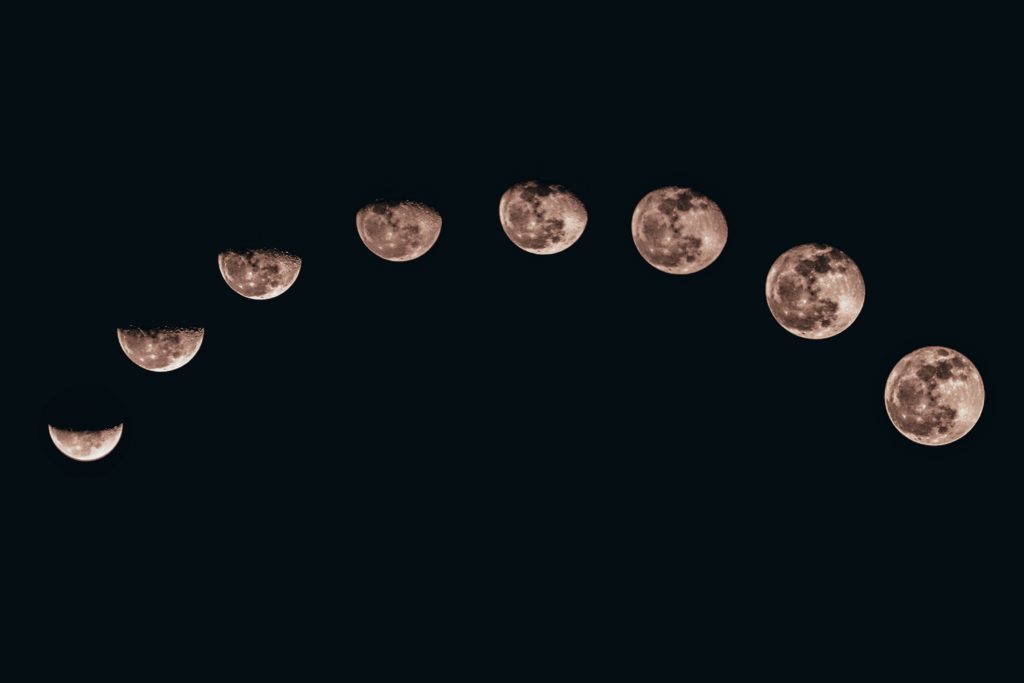The villain of Moon Knight is introduced in the first minute of the series, even before the intro starts. It’s a short and poignant scene full of symbolism. We witness Harrow in a ritual. During his preparation we can see a tattoo of a scale with crocodile heads on his arm. He pours water in a glass and drinks it, after spreading the liquid around the glass’ edge. Then he shatters the glass with a cane that ends in two crocodile heads. The shards he pours into his sandals, before he puts them on. We then see him walking into a hall, supported by his cane, the broken class crunching beneath his feet.
It’s an intriguing start, drawing one into the series. It sets up a lot of questions about the villain’s character that we hope to find the answer for later in the series. Sadly, the call backs are rather disappointing, and once having watched through the whole series, no further value is added to the mysterious introduction.
Call Backs
There are two call-backs to the introduction scene. The first takes place, after Harrow released Ammit and it is revealed, that his scale is unbalanced. He tells Ammit that he had hoped to balance it through his devotion to her and by repenting. This scene explains why he is walking around with glass shards in his shoes, but it does nothing else. There are no consequences to the revelation. Ammit still uses Harrow as her avatar.
The second scene is in the psychward, when Dr. Harrow’s feet start bleeding. Here the call back has nothing to do with Harrow’s unbalance and his desperation to find balance again, but Steven and Mark use it as a reminder that “their” reality is the real one.
The main traits of Harrow that his introduction establishes – his brokenness implicated by the broken glass and his search for redemption – remain inconsequential throughout the rest of the story.
Suggesting an Alternative
What could have been done to underline the significance of that otherwise intriguing introduction in the show?
Personally, I would have liked it if Harrow had leaned even more into being the saviour of Mark and Steven. Redemption would have been a great motivation for that; by helping other broken people, he could balance his own scale. That way Mark and Steven could become somewhat dependent on Harrow, since they might trust him more than themselves. With that set up the scene with the bleeding feet could happen halfway through the series. It would be a turning point, where Mark and Steven realise that Harrow doesn’t have all the answers and is not morally superior to them, since he has done just as bad things in his past as Mark did. From this scene on, they would gain confidence in themselves, while the saviour façade of Harrow crumbles and his downfall begins.
When Ammit is released, Harrow again tells her that he had hoped to redeem himself, but Ammit explains that he can’t redeem himself, since he will commit many more atrocities as a devotee to her. In contrast to the existing scene however, Ammit should be consequential and attempt to devour Harrow. Maybe Konshu himself could try to convince Harrow to fight Ammit on their side, but Harrow refuses because of how Konshu broke him in the past and how he had found peace as a devotee to Ammit. So he let’s himself get devoured by the goddess, rendering his journey and suffering for redemption pointless.
That way, Ammit would win this round in the moral argument for determinism, since Harrow had the chance of changing his future, by fighting against her, but instead he accepted his fate. The stage is set for the final battle between Moon Knight and Ammit, where Moon Knight has to present a winning argument to morally win against her. Maybe his escape from the Field of Reeds in order to save his second personality and thus stay broken could be the defiance of fate that ultimately defeats Ammit.
I think with a few tweaks in one or two scenes in the whole series, the significance of the broken glass in Harrow’s sandals could be raised immensely to the point where it would make Harrow a more intriguing character and the shards, and the introduction, a symbol for his tragic journey in the shadows of gods.

Pingback: Marvel Phase 4 is weird and I kinda love it? – Story Structure